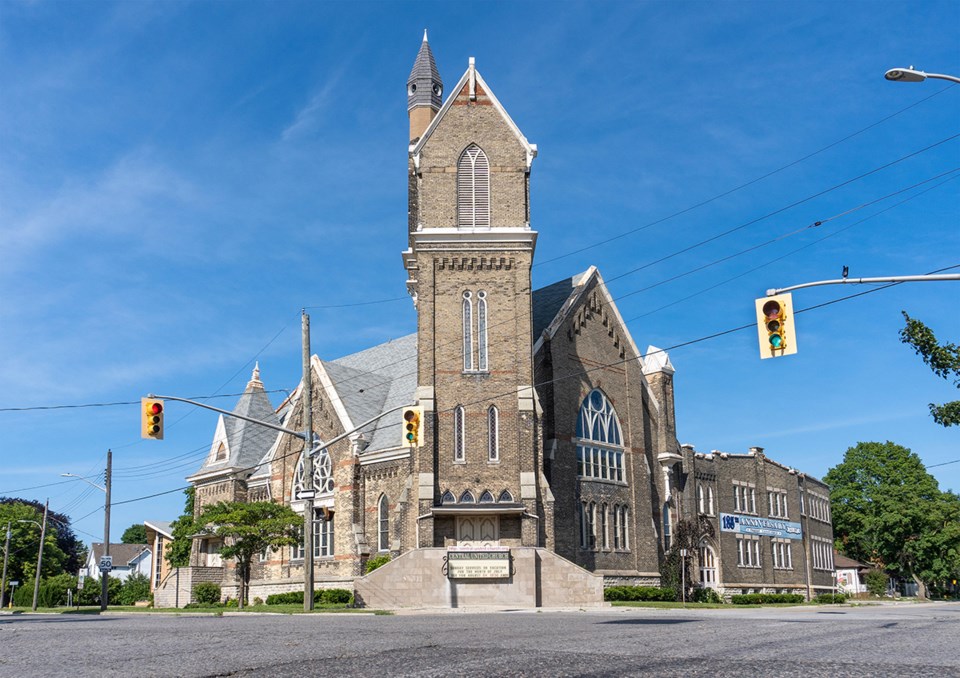Rainbow Park is a glaring reminder of our collective failure to address homelessness. When people in our community have no choice but to set up camp in public spaces, it's not just a failure of policy—it’s a moral failure. And it’s one we need to confront with urgency and creativity.
One solution lies hidden in plain sight: churches.
Across Sarnia, churches occupy thousands of square feet of property that is tax-exempt. This exemption, designed to support religious institutions, effectively saves these organizations millions of dollars annually—money that doesn’t make its way into the city’s budget. What if that money did?
A rough approximation suggests that if churches paid property taxes like everyone else, the city would gain around $3 million more annually. Imagine what we could do with that: dedicated funding to build off-market apartments and permanent housing solutions for our unhoused neighbours. Not stopgap measures or emergency shelters—real, sustainable homes.
This isn’t about punishing churches or ignoring their good work. Many already contribute meaningfully to addressing homelessness, offering shelter, food, and community support. These churches could apply to maintain their tax-exempt status, recognizing their direct contributions to solving the housing crisis. But the reality is, many others sit on vast, empty buildings that are locked up most of the week, inaccessible to those who need shelter the most.
How can we justify such waste of resources when people are sleeping in the cold?
If Jesus were walking our streets today, would he be okay with this? Jesus’ mission was unapologetically focused on good news for the poor. He didn’t shy away from challenging entrenched systems or flipping tables when necessary. It’s hard to imagine him siding with churches sitting on empty spaces while people sleep outside.
The housing crisis can’t be solved with half measures. We need off-market apartments—housing that isn’t tied to skyrocketing rental markets but is purpose-built to ensure affordability and stability for those most in need. Gord Johns, MP for Courtenay-Alberni, has highlighted the importance of such solutions, pointing out that “non-market housing has now dropped to 3.5% of Canada’s housing stock, compared to France (17%), the Netherlands (34%), and Denmark (21%).”
This gap shows how far we’ve fallen behind in addressing housing needs. Johns’ advocacy for increasing non-market housing supply offers a clear example of what’s possible when we prioritize people over profits. For more on his approach, watch his video here: MP Gord Johns on Scaling Up Non-Market Housing.
This isn’t just about Rainbow Park. It’s about recognizing that we already have the tools and resources to address homelessness in Sarnia—we’re just not using them. Churches are a vital part of our community, but their privilege of tax-exempt status comes with a responsibility to contribute meaningfully to the common good.
It’s time to take a hard look at our priorities. Are we willing to challenge the status quo to ensure that no one is left out in the cold? The choice is ours.
